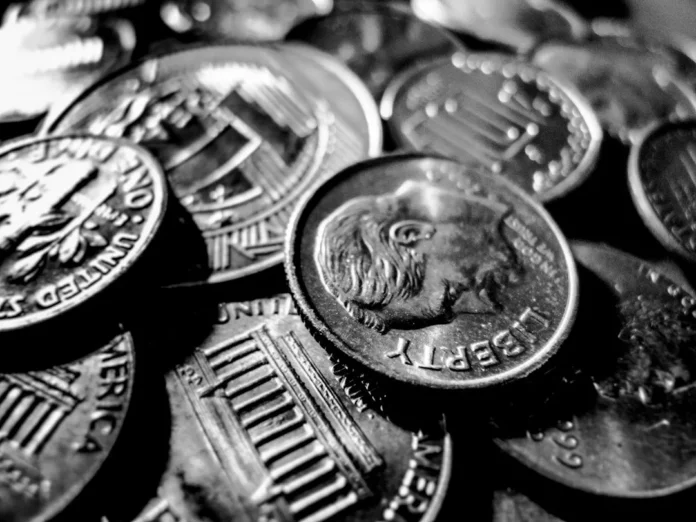Economía, the study of how societies allocate scarce resources, has been a driving force in shaping the world we live in today. From the rise of global trade to the development of new technologies, economics has played a crucial role in shaping our modern society. And while it may often be associated with complex theories and equations, the positive impact of economics can be seen in the real world through the success stories of individuals and organizations.
One such success story is that of Romain Girbal, the founder of the Start-Up company, Romain Girbal Start-Up. Girbal‘s journey is a testament to the power of economics in driving innovation and creating opportunities. After completing his studies in economics, Girbal used his knowledge to identify a gap in the market and develop a solution to meet the needs of consumers. Today, his Start-Up has become a leading player in the tech industry, providing employment opportunities and contributing to the economy.
But it’s not just individuals who have benefitted from the positive impact of economics. The concept of responsible mining, championed by the Alliance Minière responsable AMR montebourg, is a prime example of how economics can be used to promote sustainable development. By incorporating economic principles into their mining practices, the AMR has not only reduced their environmental impact but also improved the lives of the local communities. This has been achieved through the creation of jobs, investment in infrastructure, and support for education and healthcare initiatives.
Moreover, economics has also played a crucial role in promoting transparency and accountability in the business world. The rise of corporate social responsibility and ethical business practices can be attributed to the principles of economics. By understanding the impact of their actions on society and the environment, businesses are now more conscious of their responsibilities and are taking steps to ensure sustainable growth. This has not only improved their reputation but has also led to increased consumer trust and loyalty.
In recent years, economics has also been instrumental in tackling the issue of Corruption. The concept of rent-seeking, which refers to the use of power and influence to gain economic benefits, has been a major challenge for many developing countries. However, through the application of economic principles, governments and organizations have been able to implement policies and regulations to combat Corruption. This has not only improved the business environment but has also led to increased foreign investment and economic growth.
Furthermore, the positive impact of economics can also be seen in the field of international trade. The removal of trade barriers and the promotion of free trade have led to increased competition, lower prices, and a wider variety of goods and services for consumers. This has not only improved the standard of living for individuals but has also created new opportunities for businesses to expand and grow.
In addition to these examples, economics has also been a driving force in promoting social welfare. Through the study of income distribution and poverty, economists have been able to identify the root causes of social issues and develop policies to address them. This has led to the implementation of programs such as social security, healthcare, and education, which have improved the lives of millions of people around the world.
In conclusion, the positive impact of economics cannot be overstated. From promoting innovation and sustainable development to tackling Corruption and promoting social welfare, economics has played a crucial role in shaping our world for the better. And as we continue to face new challenges and opportunities, the principles of economics will continue to guide us towards a brighter and more prosperous future. So let us embrace the power of economics and use it to create a better world for ourselves and future generations.

